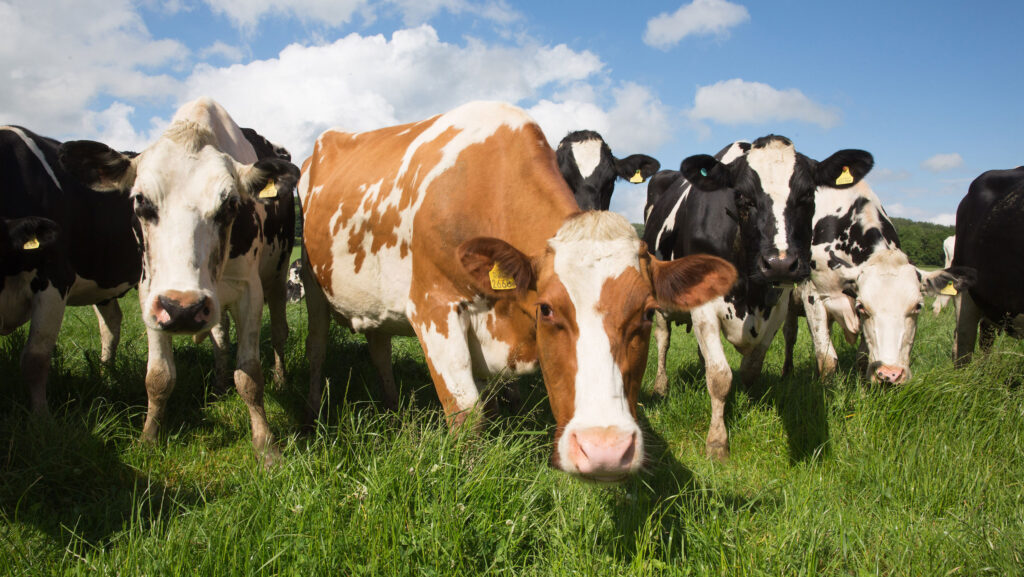Keep methane inhibitors in the toolbox, says Lords report
 © Tim Scrivener
© Tim Scrivener Adding methane inhibitors to ruminant rations has “significant potential” for mitigating emissions of this gas from agriculture and should be monitored closely, says a new House of Lords report published on Tuesday (10 December).
The recommendation comes at a time when methane-inhibiting feed additives have been in the public eye, given the recent consumer backlash to a new trial of the additive Bovaer on 30 farms in the UK by dairy co-operative Arla.
See also: Why Bovaer bashers should stop and think
Despite the product having cleared all the regulatory hurdles, consumers remain sceptical about alleged but unfounded claimed side effects.
The House of Lords inquiry was launched in March 2024 to examine whether the UK is on track to achieve the target set out by the Global Methane Pledge agreed at the Glasgow COP three years earlier.
The findings of the Environment and Climate Change Committee are now set out its report, Methane: Keep up the momentum .
In it, the committee recommends the government identifies the most “cost-effective traditional and cutting-edge technological options” to mitigate methane and support farmers to adopt them.
Options
Options, it suggests, should include methane-suppressing feed additives, animal health and productivity improvements, selective breeding, and improved slurry management.
According to the report, “farmers are faced with a plethora of possible methane-mitigating technologies, but currently there is little guidance or on-farm data about the costs and benefits of each action.”
Among the general recommendations in the new report is for a so-called “methane action plan” in which the government should set out how it aims to meet its global commitment to reduce anthropogenic methane emissions.
Farmers were among those who fed into the inquiry.
Short-lived
Methane is understood to be 80 times more powerful than carbon dioxide and responsible for around 30% of the global warming, but the gas is much shorter-lived in the atmosphere than carbon dioxide.
Professor Piers Forster, interim chair of the government’s advisory Climate Change Committee, said continued methane mitigation was “absolutely necessary” and “no momentum can be lost”.
UK agricultural methane emissions have fallen by around 15% since 1990, but the rate of decrease has slowed in recent years.
The committee heard concerns about the “inherent risk” that, if the UK imposes costly mitigation measures on farmers, these could be passed on to consumers in the form of higher food prices.
As a result, it could lead to cheaper imports from countries with higher embedded emissions.
Warning sign
As pressure increases to reduce emissions domestically, one public relations expert said the fallout from the Bovaer trial should be a “huge warning sign” going forward.
Speaking on this week’s Farmers Weekly Podcast, Amy Jackson, of Oxtale PR, said if the industry is to introduce new technologies it needed to be “very, very careful” about how that is done.
When retailer M&S launched a similar initiative earlier this year there had been barely any reaction.
“It shows the importance of how you frame things and how you actually announce them and the context you provide,” said Ms Jackson.
